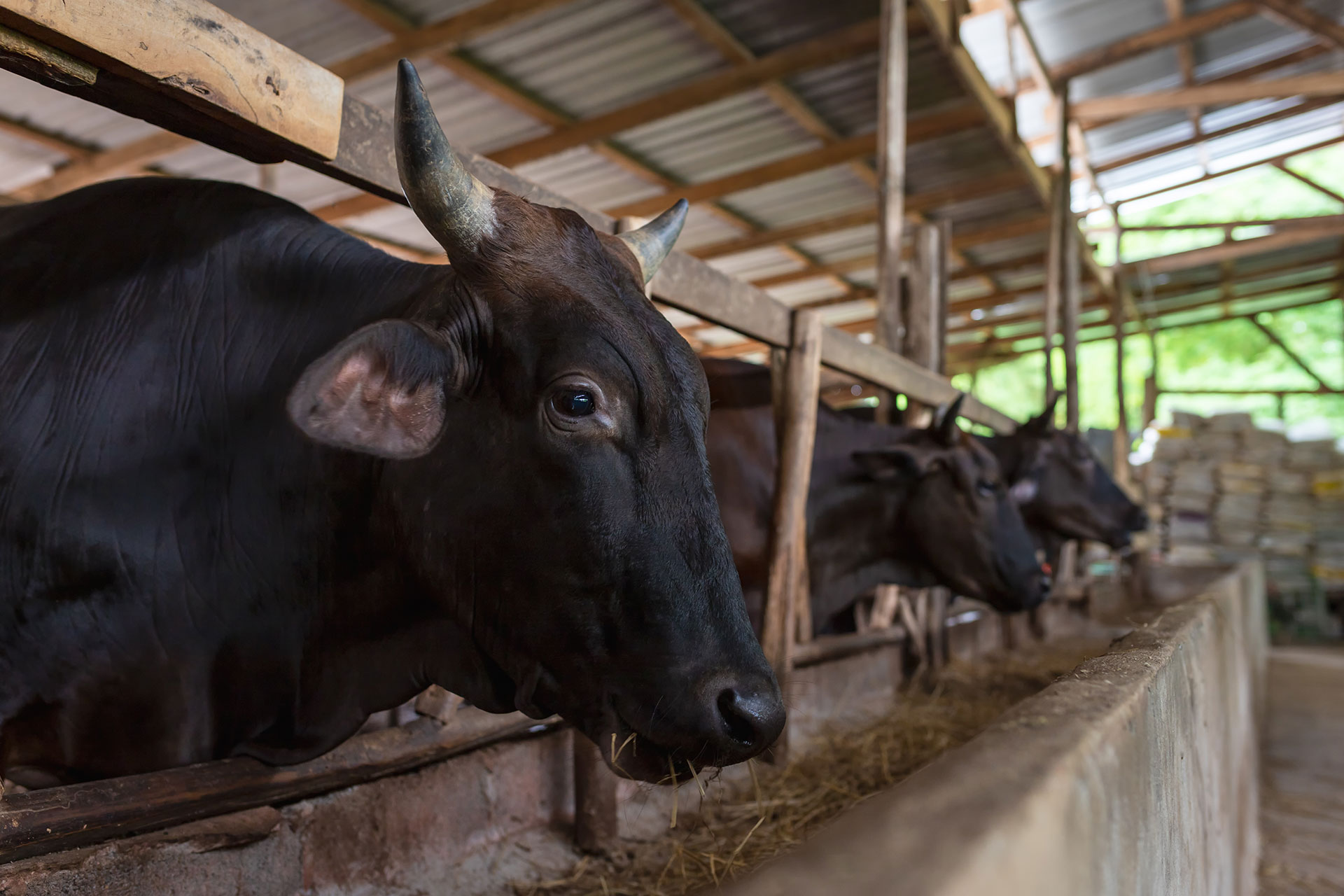
Lawyers make their living when someone has a “beef” with someone. Urban dictionary — a dictionary of slang, or cultural words or phrases, not typically found in standard dictionaries — defines beef as an argument or tension between two parties. So, one might logically deduce that attorneys know their beef, and in this case, that would be true.
Travis Fleetwood, one of the law partners at Ballard & Fleetwood, operates what he calls a “boutique cattle herd” of Akaushi cattle from Japan. His heard is small in number — 12 head total — and his operation runs on two small pieces of land in Washington County, Texas — roughly 100 acres in total. When asked how he got started, he said he had represented a client who had experience with the breed and that client had sold him on the potential to raise his own beef for consumption — and if you didn’t know, Wagyu beef has a bit of a reputation.
It’s Good Beef
Texas Wagyu beef is the “best tasting, most tender beef in the world” according to the Texas Wagyu Association, and you can learn all about Wagyu beef, from its Japanese history to how it made its way to Texas, on their website. You can find it in selected Texas meat markets and grocery stores, as well as in high-end restaurants in many of Texas’ medium-to-large cities and towns — and you can expect to pay a premium for it.
“My end game is to establish a full-blood herd of high end genetics in the Akaushi breed and hopefully make it profitable at some point.”
What started as a hobby hopes to become a high-quality and profitable operation, according to Travis. He involves his twin teenaged boys and said it is a great opportunity to teach them the value of hard work, but even more important than hard work is consistency when raising livestock.
“You have to be ready and willing to do the same thing every day, day after day and not fade — and continue to provide the same high level of work without change.”
Travis raised hogs as part of 4H during his school days, and currently he and his sons raise and show barrows (male pigs that have been castrated) at both local and major Texas livestock shows.
